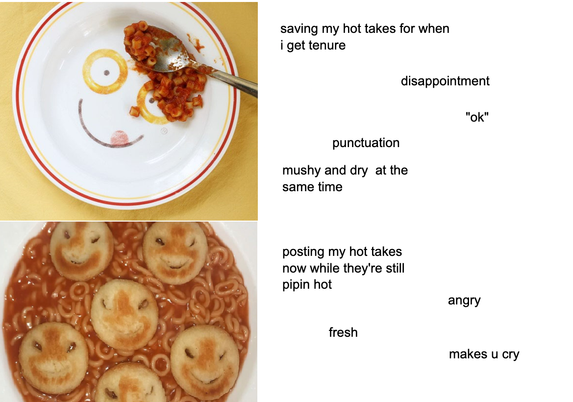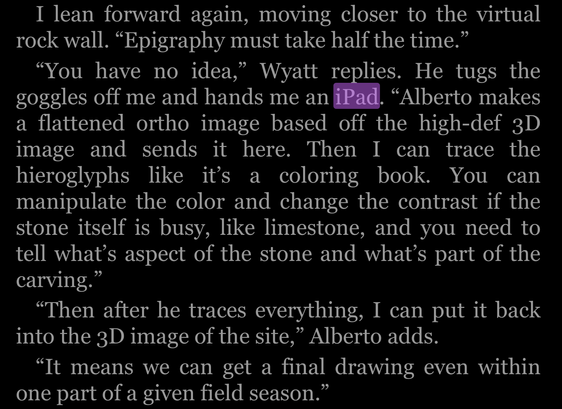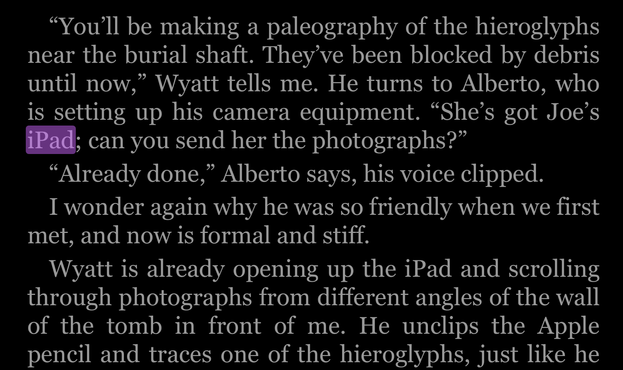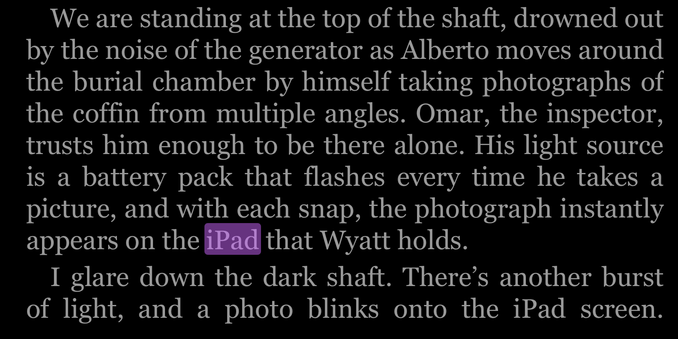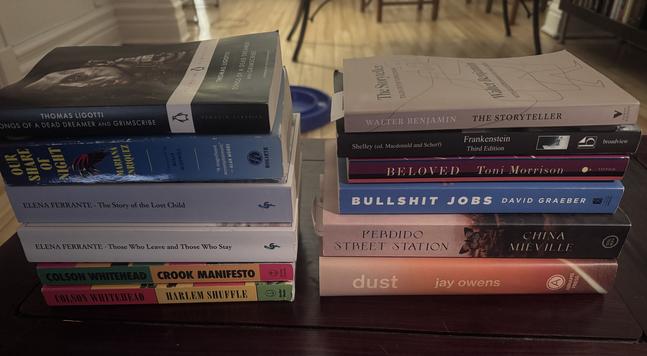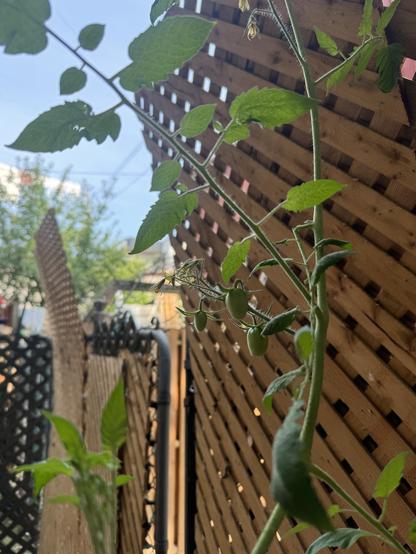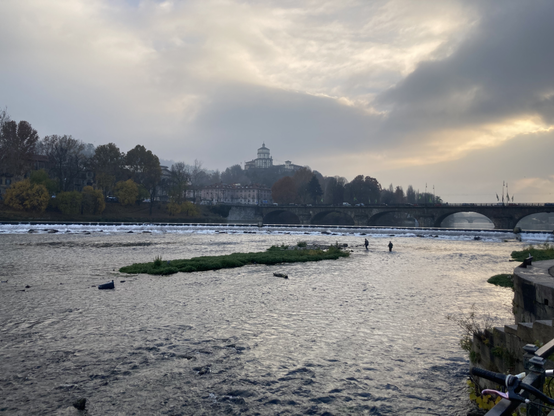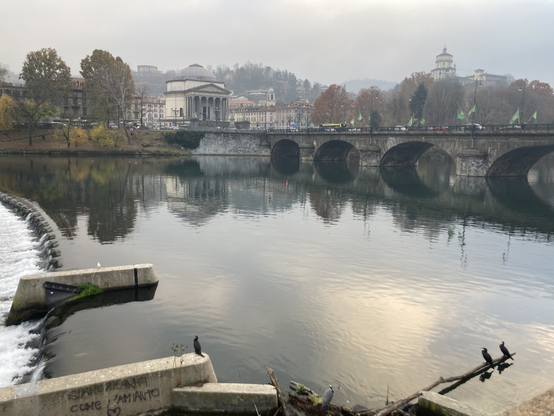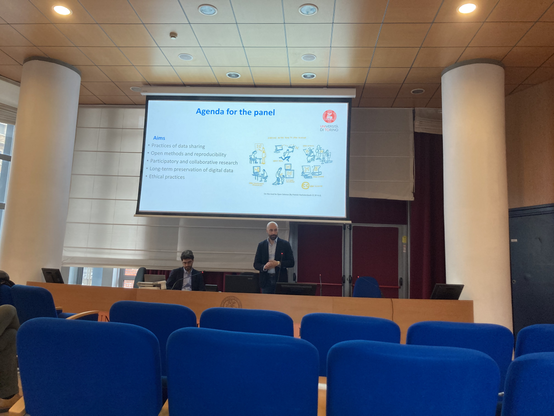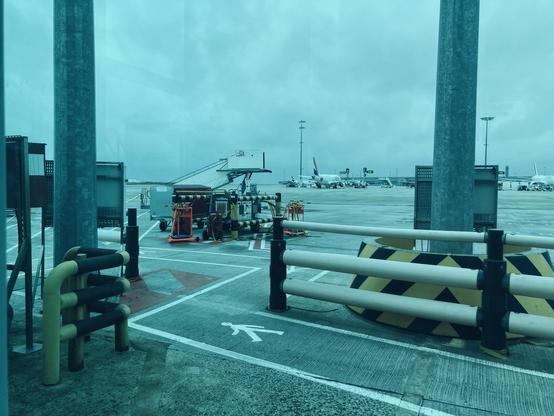So I'm using a CLI-based qualitative data analysis system (it's great! https://qualitative-coding.readthedocs.io) that I integrate into my VSCode workspace. I happened to start experimenting with copilot last week and today when I started qualitative coding I noticed it was offering me suggestions. Seems to be based on my prior codings rather than the actual file from the corpus, but still a bit eerie and not sure if I want to keep this on or not.
Postdoc at McGill. I research collaborative research practices and the uptake of new tools that reconfigure knowledge production, especially in archaeology and the social sciences and humanities, and now also in epidemiology.
Specifically: data sharing, open source communities of practice, and the cultural and epistemic implications of open science infrastructures and policy.
Also interested in bad sci-fi, experimental and DIY tech stuff and point-and-click video games :)
| Web | https://zackbatist.info |
| Blog | https://blog.zackbatist.info |
| GitHub | https://github.com/zackbatist |
| Cats | Ellie & Bob |





